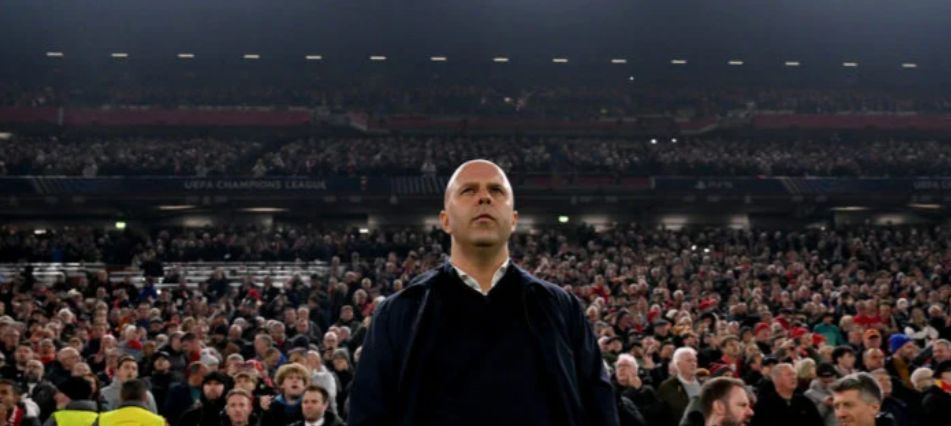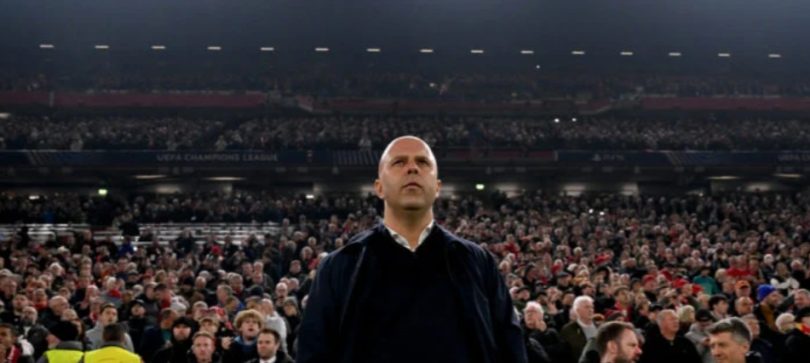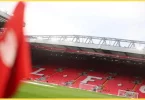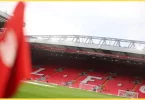Ange Postecoglou defended Stuart Attwell’s controversial decision not to issue a second booking to Lucas Bergvall during the lead-up to his goal on Wednesday night.

But a VAR expert has clarified that Liverpool had every right to be furious about the failure to dismiss the goalscorer. The Swedish youngster’s decisive strike in the 86th minute secured Tottenham’s 1-0 victory in the first leg of the Carabao Cup semi-final.
Reds boss Arne Slot was furious on the touchline when Bergvall, already booked, scythed down Kostas Tsimikas in the build-up to the goal but avoided further punishment. Earlier, the 18-year-old had been booked for a sliding challenge on Luis Diaz, though replays showed minimal contact. Tsimikas, sidelined awaiting his return, was absent during the decisive play, deepening Liverpool’s frustration as a member of the dugout received a booking for the reaction instead.
“No, he wasn’t. No, he wasn’t!” the manager of the opposite dugout told Sky Sports when asked if Bergvall was lucky to be on the pitch. “People misinterpret my comments from the other day. The rule is, and we’ve been told for quite a while now, that if advantage gets played, as long as it’s not a cynical tackle, it’s not a yellow card.” Watch the clip below:
Dale Johnson, who works for ESPN as an editor and VAR expert, posted on X in the aftermath of last night’s match to give his own view of the drama. “That should have been a second yellow for Lucas Bergvall,” he said. Before adding (click on the post below to see the full thread):
“Ange Postecoglu is incorrect for three reasons,” Johnson continued, referring to the Tottenham manager’s dissection of the rulebook. “1. Bergvall’s offence is a reckless tackle, not stopping a promising attack 2. Advantage isn’t applied on a second yellow unless it’s an IMMEDIATE goal chance 3. Ref didn’t play advantage. Said no foul.
“When the challenge is made by Bergvall, referee Stuart Attwell appears to point at the ball to suggest the Tottenham player won it. There did not appear to be any indication of advantage being played, which he shouldn’t do anyway for the second yellow. If the referee told the managers he played advantage and didn’t show the yellow as it was stopping a promising attack, he’s still admitting to an error.
“It brings us back to the law saying you should not play advantage in this case when a player would be shown a second yellow. It’s possible for a referee to play advantage if he believes the challenge was careless – which has no yellow card sanction. It’s only for a reckless challenge or stopping a promising attack, which would bring the second yellow, that there can be no advantage.”






